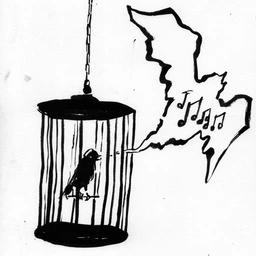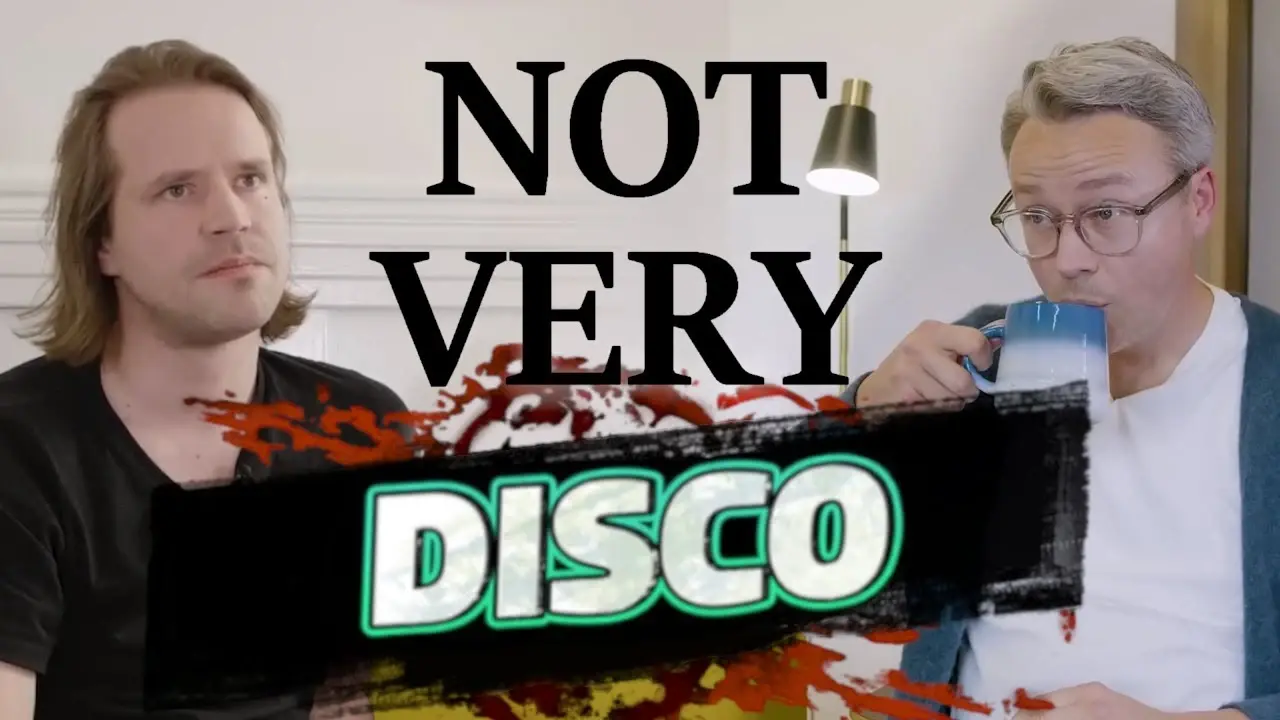

The deregulation march you’re talking about is neoliberalism, and it hasn’t just affected USA. And in a sense neoliberalism is capitalism’s response to regulation.
It’s not that regulation doesn’t work per se, it’s that the (political) hierarchy through which it functions is susceptible to being taken advantage of, and inevitably it will be (*has been) taken advantage of by the capitalist class to protect their economic hierarchy.
For democracy to truly represent the people it’d need to be federated from the ground up through free association. Large scale organisation and cooperation would be ephemeral, existing when/if the need arises and dissolving as soon as projects are concluded (or cancelled). But within the rigidity of the current system(s), where power is consolidated at the ‘top’ through processes we’re lead to believe are necessary for ‘order’ (when their real purpose is of course control), horizontal forms of social organisation seem impossible (I like how Anark calls this - “hierarchical realism”).




You could share this sublemmy’s pinned post, or the megathread it links to:
https://lemmy.dbzer0.com/post/10901
https://rentry.co/megathread